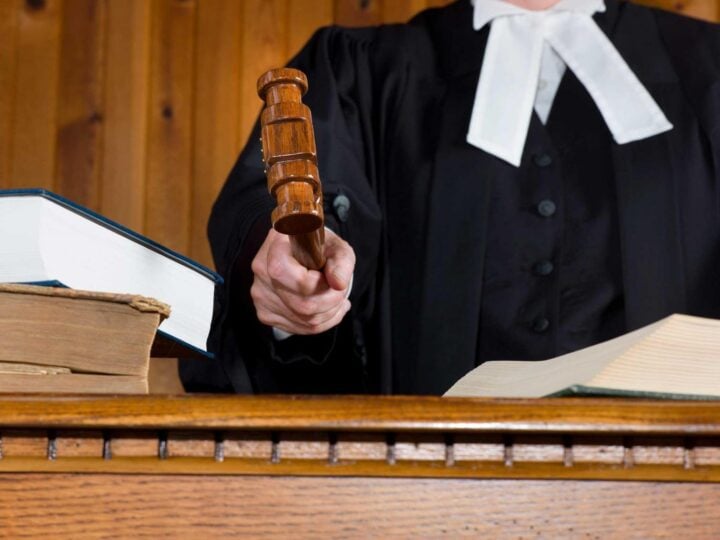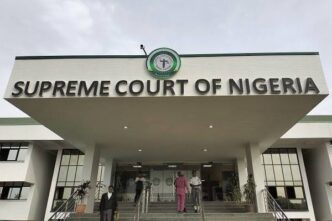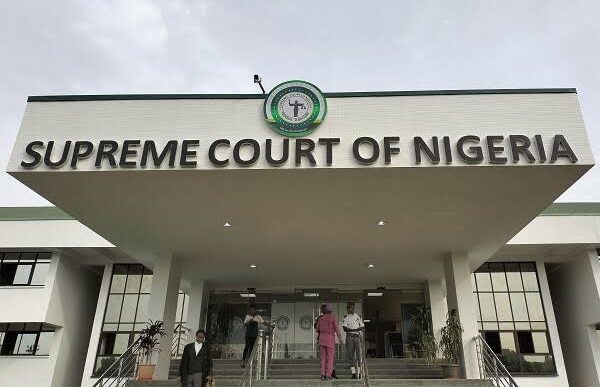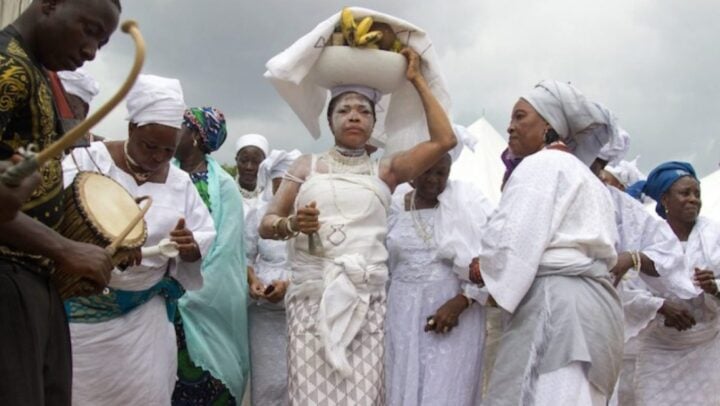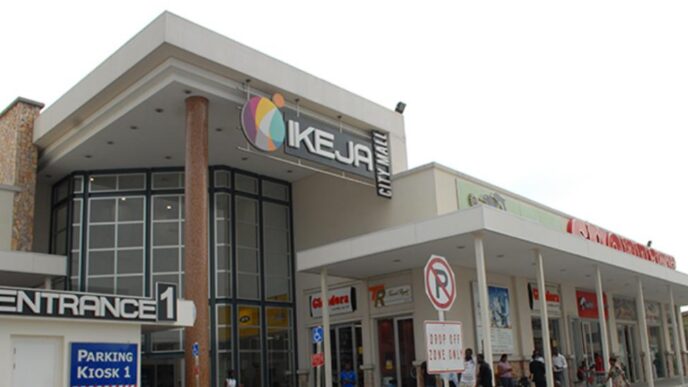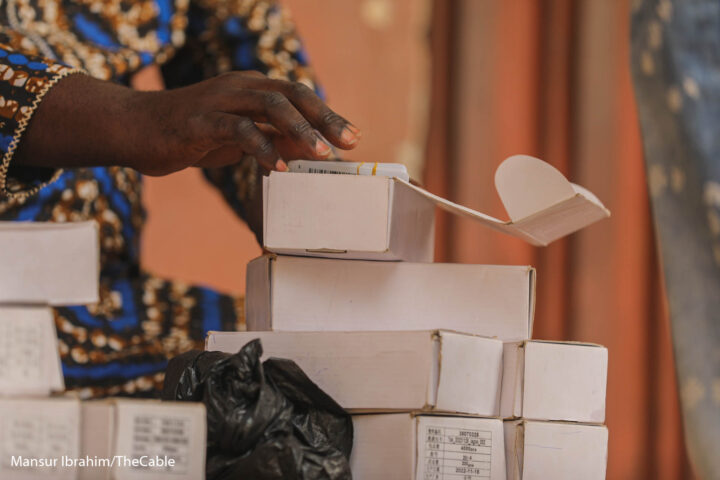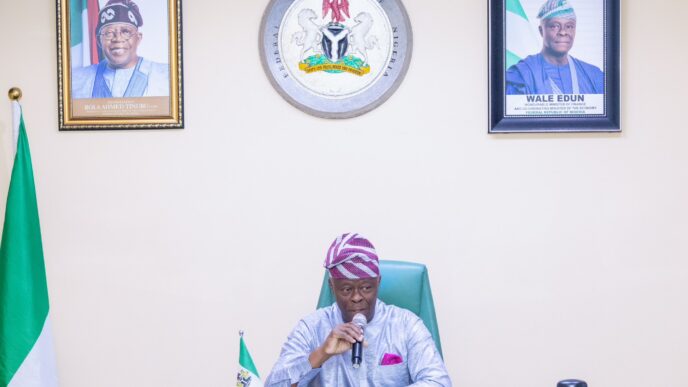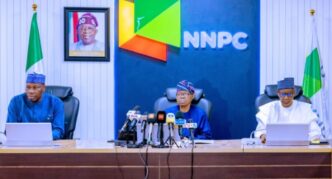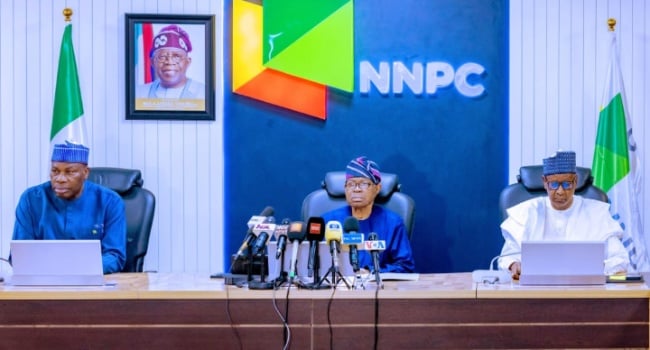File photo of a judge
On Wednesday, the media was awash with reports that a Paris court in France had ordered the seizure of three jets belonging to the Nigerian government over a contract dispute with Zhongshan Fucheng Industrial Investment Co. Ltd., a Chinese firm.
The seizure of the presidential jets came amid a conversation about the federal government’s reported purchase of a new presidential jet.
The seized jets were the Dassault Falcon 7X, with registration number 5N-FGU; the Boeing 737-7N6/BBJ, with registration number 5N-FGT; and the Airbus A330-243, with registration number 5N-FGA.
TheCable had reported that two of the jets had been put up for sale by the federal government.
Advertisement
The Paris court ruled that the Chinese firm should use the three jets at the Paris-Le Bourget and Basel-Mulhouse international airports as “security” for the over $70 million arbitration award.
So many people are still wondering what actually happened. This explainer provides details about the contract and what went wrong.
THE CONTRACT AGREEMENT AND DISPUTE
Advertisement
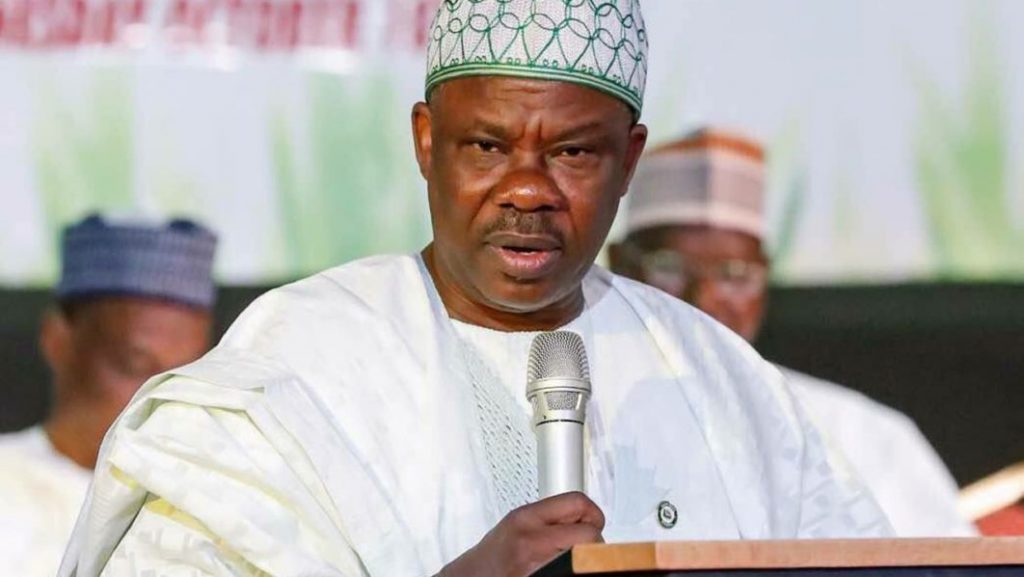
In 2001, China and Nigeria entered a bilateral investment treaty (BIT) for the “reciprocal promotion and protection of investments” in both countries. The treaty served as the foundation for company investments in the two countries.
In 2010, Zhongshan, through its parent company, Zhuhai Zhongfu Industrial Group Co Ltd, acquired the rights to develop some parts of the Ogun Guangdong Free Trade Zone (OGFTZ) in Ogun state. Gbenga Daniel was the governor of Ogun state during this period.
In 2011, Zhongshan created Zhonfu International Investment, a Nigerian entity, to manage the project with the permission of the Ogun state government. The company carried out some construction work at the zone.
In 2012, under the administration of Ibikunle Amosun, the Ogun state government appointed Zhonfu as the interim manager of the zone. After a year, the company acquired a majority stake in the OGFTZ.
Advertisement
However, things took a different turn in July 2016 when the company accused the state government of abruptly moving to terminate its appointment while attempting to install a new manager for the free trade zone.
In 2018, the Chinese firm commenced an investment treaty arbitration under the BIT. The independent arbitral tribunal was chaired by David Neuberger, a former president of the United Kingdom supreme court.
ALLEGED ABUSE AND FINAL AWARD
The Chinese firm told the independent tribunal that in July 2016, the Ogun state secretary asked Jianxin Han, the managing director of Zhongshan, to “leave peacefully when there is an opportunity to do so”.
Advertisement
The Chinese firm alleged that Winxiao Zhao, the chief financial officer of the OGFTZ, was arrested at gunpoint in August 2016, beaten by the police, and detained alongside Han for ten days. The officials later fled Nigeria.
The company said it had paid the sum of N160 million as tax revenue to Nigeria.
Advertisement
In March 2021, the arbitral tribunal ruled that Nigeria was in breach of its obligations under the China-Nigeria BIT and awarded Zhongshan compensation of around $70 million.
The tribunal ruled that the sovereign actions of Ogun state, the entity that had the contractual agreement with the Chinese firm, were attributable to Nigeria under international law.
Advertisement
Nigeria had argued before the tribunal that Zhongshan’s complaints were not about the conduct of Nigeria, and therefore there is no claim against Nigeria.
Nigeria also averred that the tribunal has no jurisdiction to hear the case of the Chinese firms; all of Nigeria’s objections were dismissed by the tribunal.
Advertisement
Since 2021, Nigeria has refused to pay the $70 million arbitration award.
THE IMMUNITY QUESTION
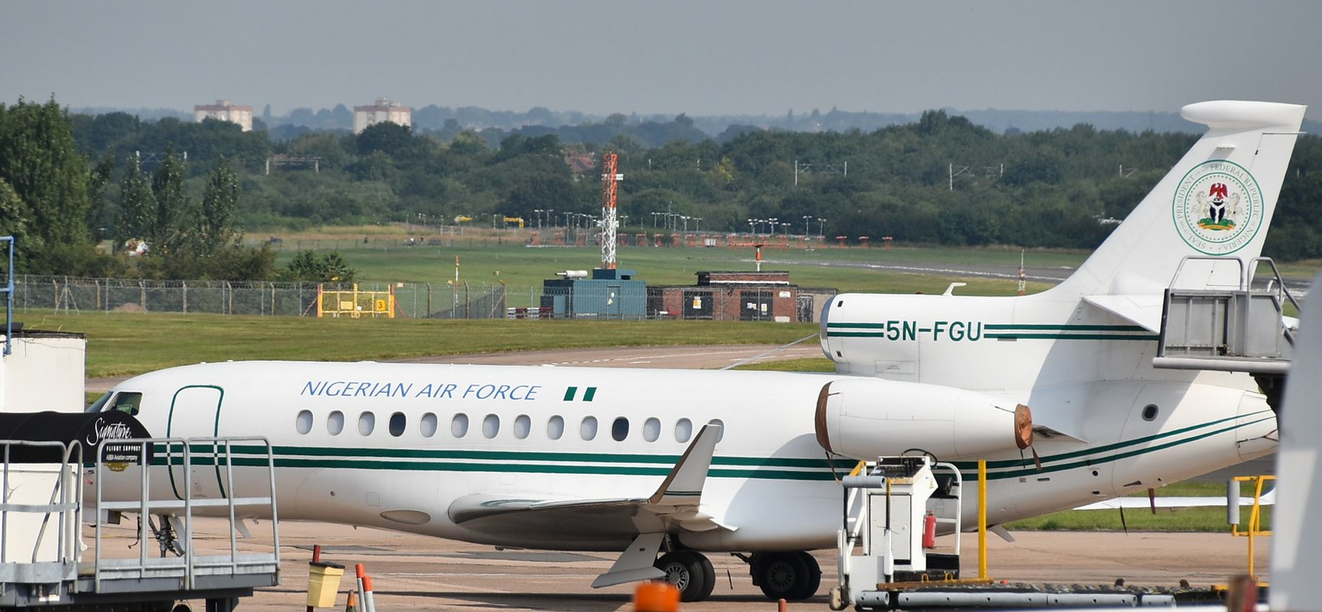
After a year of non-payment of the $70 million arbitration award, the Chinese company initiated a case against Nigeria to seek enforcement before a high court in the UK. The Chinese company sought to seize two residential properties belonging to the federal government in the UK.
In December 2021, the UK high court granted an enforcement order ex parte against Nigeria while accepting the argument of the Chinese firm that state immunity from jurisdiction was not applicable due to the exception in the State Immunity Act (SIA) 1978.
Nigeria was given 74 days from the service of the enforcement order to challenge it, but the country missed the deadline to file its response as well as several deadlines for time extensions. When Nigeria finally filed its response, the country pleaded state immunity.
In her ruling, Sara Cockerill, a high court judge, said Nigeria abused the time frame for appealing arbitral awards, adding that the country committed a serious and deliberate breach of the deadlines.
Cockerill dismissed Nigeria’s argument that the court should have considered the state immunity argument and ordered Nigeria to pay the arbitration award. A court of appeal in the UK also agreed with the judgment of the lower court.
Nigeria lost its state immunity argument in different jurisdictions, as the courts believed that the country had waived its sovereign immunity when it entered into a commercial venture with the Chinese company.
In June 2024, a London commercial court granted Zhongshan final charging orders over two residential properties owned by Nigeria in the UK.
The Chinese company obtained interim charging orders in June and August 2023 over the two properties in Liverpool owned by the Nigerian government.
Nigeria opposed the charging orders being made final, arguing the properties benefited from sovereign immunity.
The country said the properties in question are residences for Nigerian consular officials.
While the properties have been rented out, Nigeria said this was for “below market rent” and that the proceeds collected by the Nigerian High Commission in the UK were not used for commercial purposes.
Lisa Sullivan, a master at the court, ruled that the properties are leased to residential tenants and that no “consular activities are actually taking place on the premises”.
Sullivan held that the properties were for commercial purposes, and therefore, enforcement against the properties is not barred by state immunity.
ARE PRESIDENTIAL JETS IMMUNE TO SEIZURE?
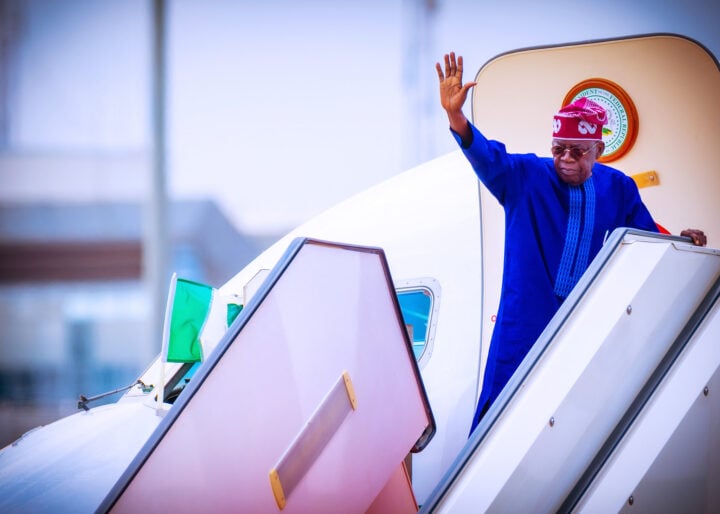
After the Paris court ordered the seizure of Nigeria’s presidential jets, the federal government said presidential jets are sovereign assets immune from seizure over a contractual dispute.
The presidency had also argued that the “use and nature of the presidential jets as assets of a sovereign entity whose assets are protected by diplomatic immunity forbid any foreign court from issuing an order against them”.
This is not the first time a presidential jet has been used for enforcement of an arbitral award. The case of Commisimpex versus the Republic of Congo is a notable example.
Commisimpex had carried out several public works contracts in Congo in the 1980s, which were financed by credits granted to the state by the construction company. The legal battle started due to the outstanding debts owed by the state.
In 2020, the Paris court approved the request of Commisimpex, a construction company, to seize the Falcon 7X business jet belonging to the presidency of Congo, as security for arbitral awards totalling about €1 billion.
Congo officials had argued that the presidential jet could not be attached because it was covered by diplomatic immunity.
The country also argued that the jet had received “diplomatic clearance” from the French ministry of foreign affairs before it could fly over the French territory.
The court held that Congo enjoyed diplomatic immunity in France only on assets being used by the Congolese embassy in France.
The court ruled that since the presidential jet in question had been used to engage in other activities aside from diplomatic activities, the jet could be attached.
Based on this legal precedent, the three seized presidential jets may not enjoy immunity from seizure because they were not being used by the Nigerian Embassy in France.
Add a comment
